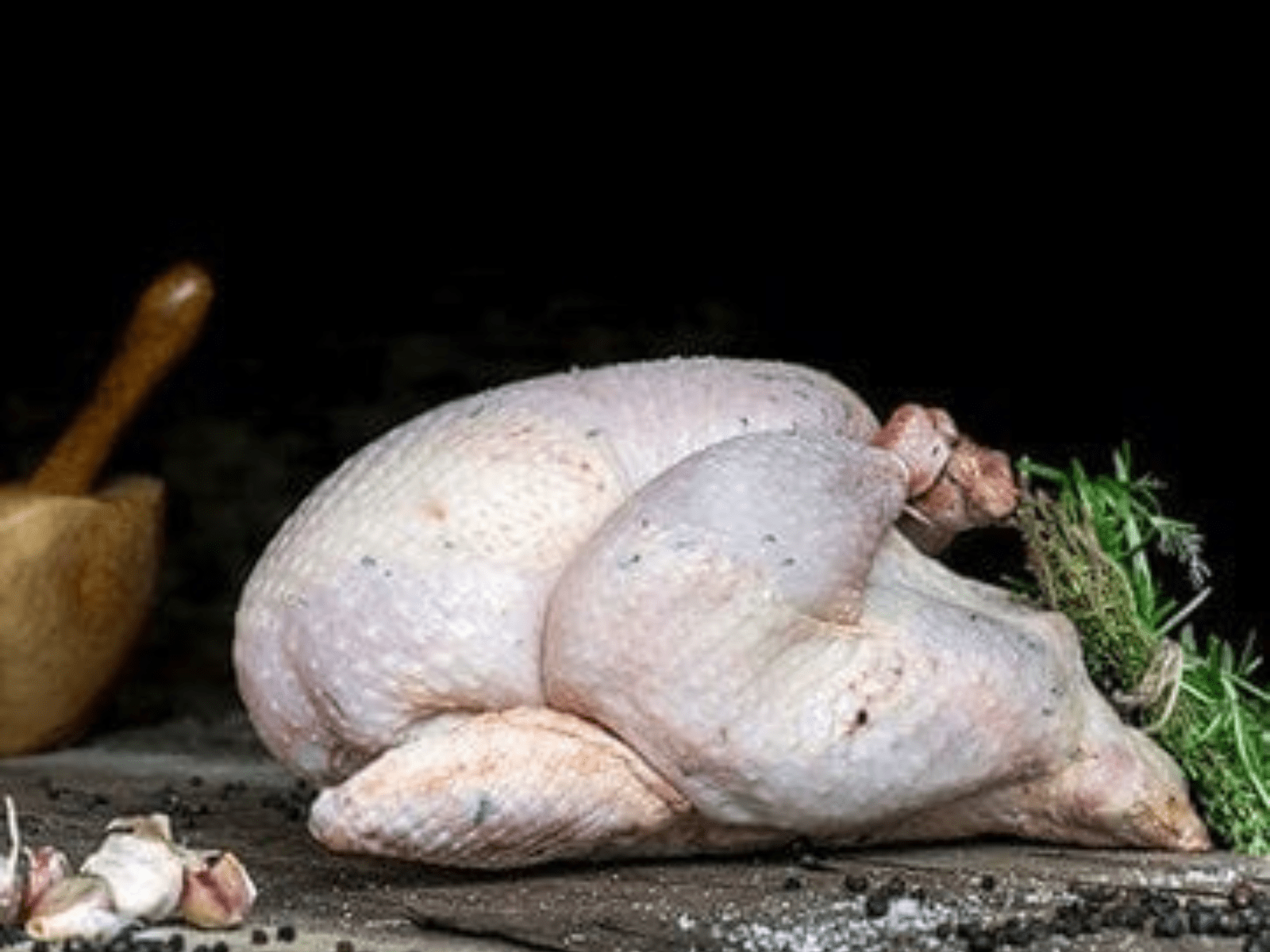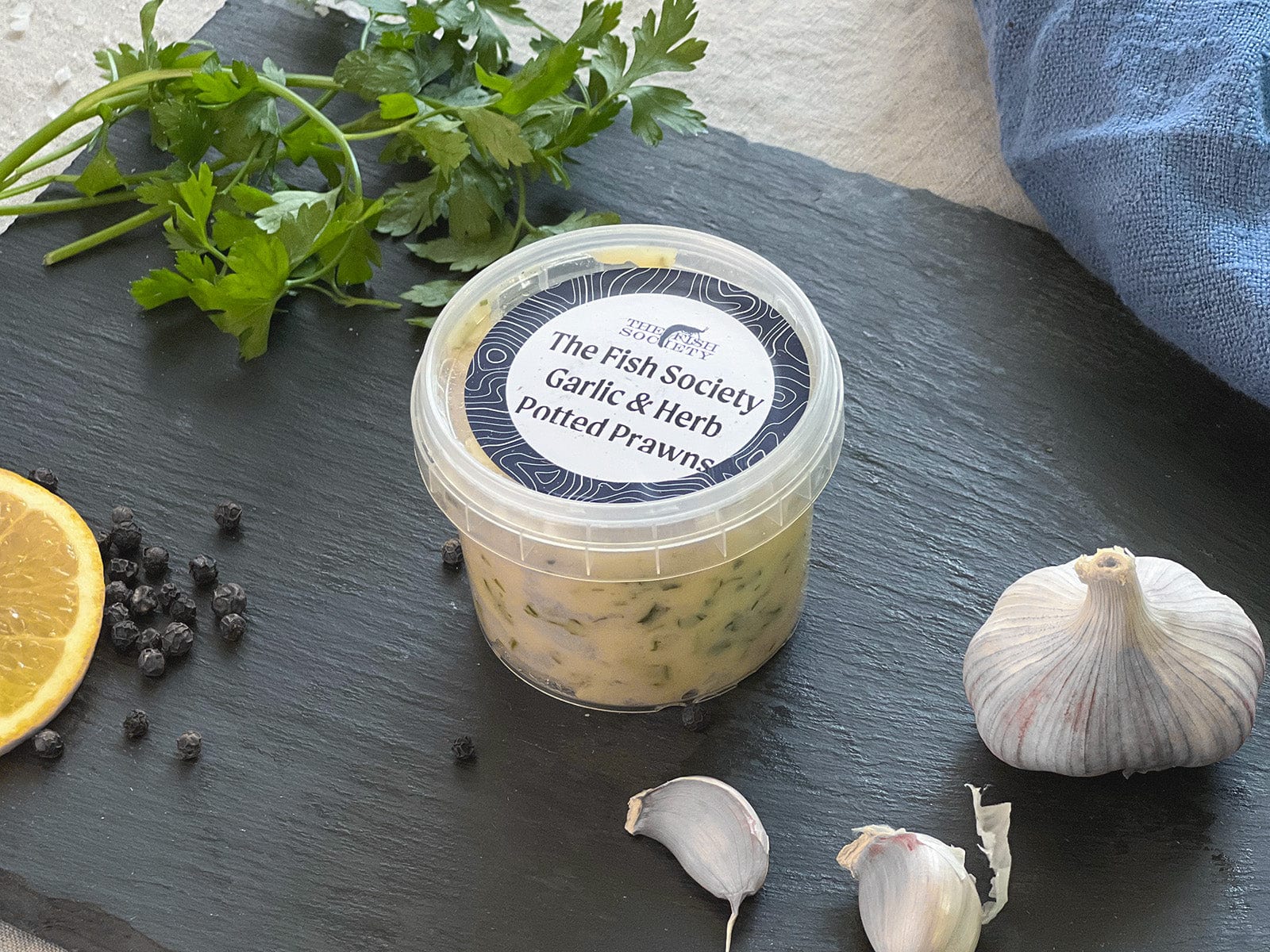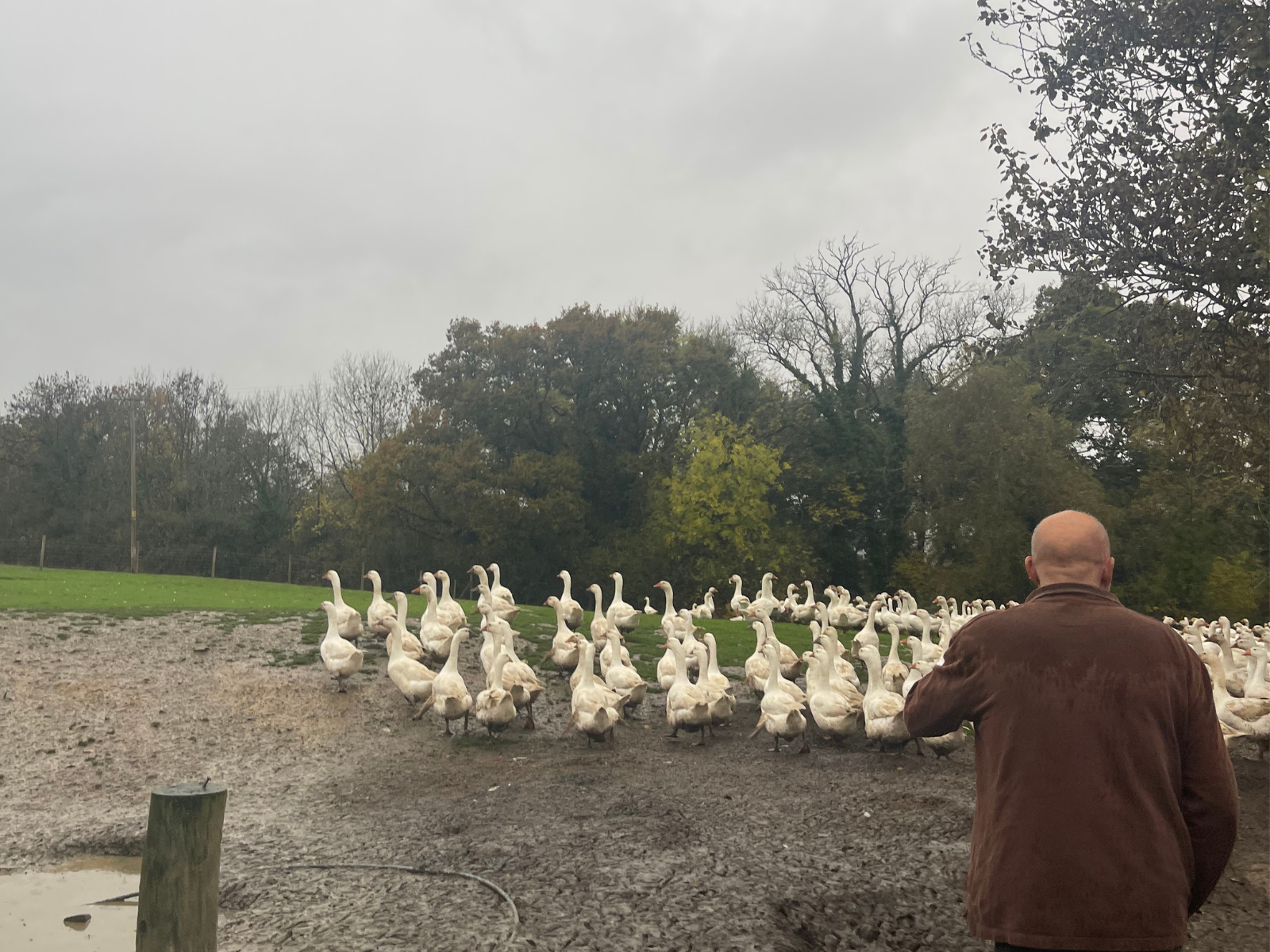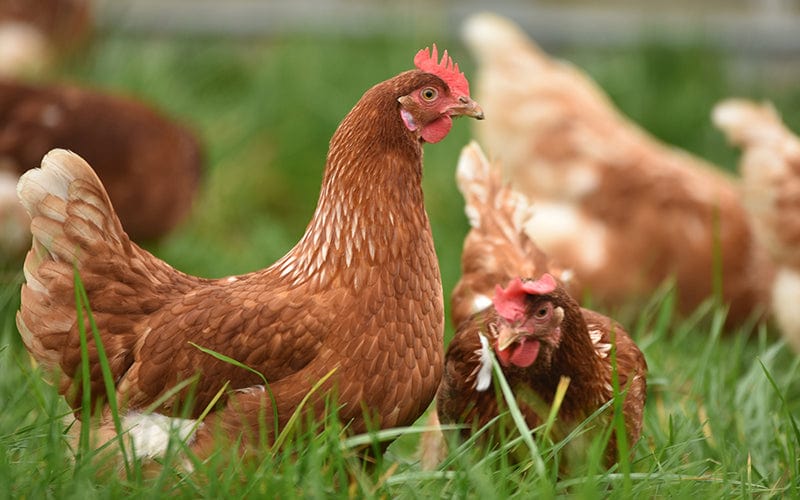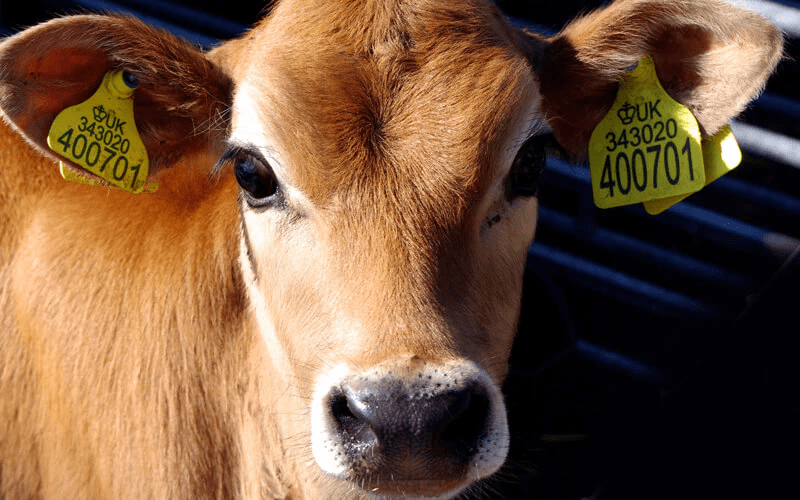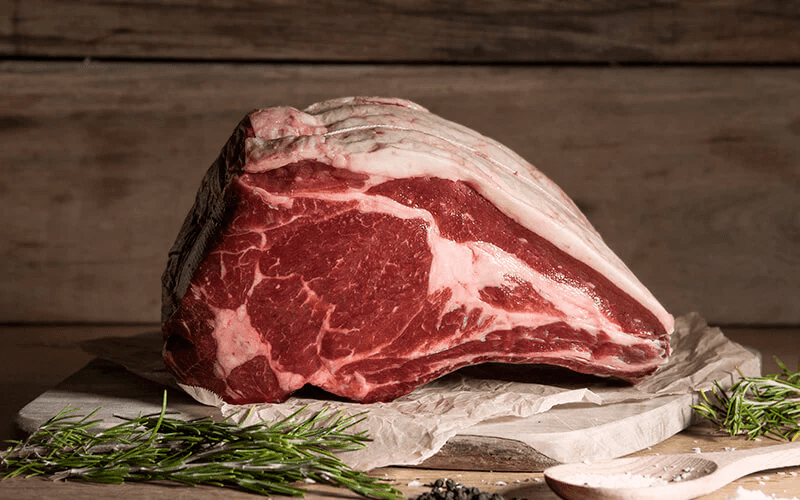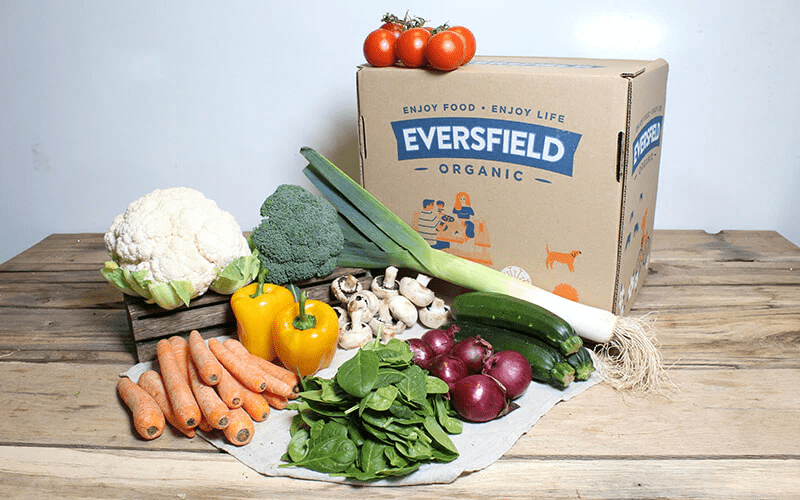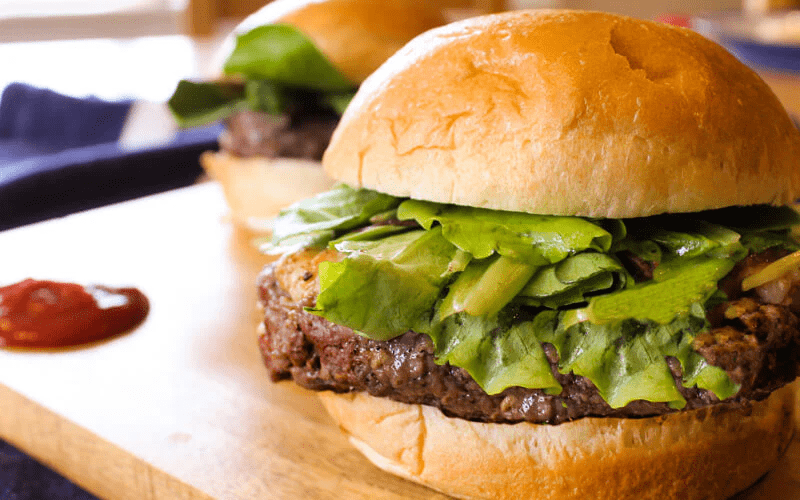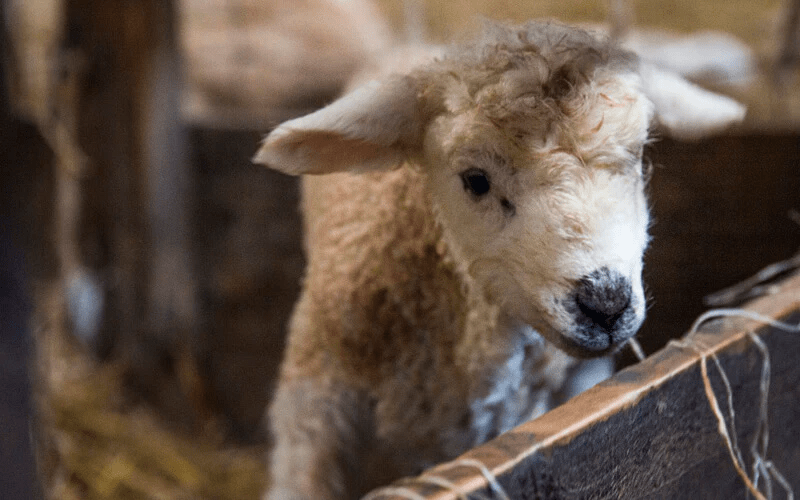COP26 – Agricultural Anticipations
There’s a lot of talk about the upcoming COP26 summit in Glasgow, where world leaders are coming together to combat climate change. From Sunday 31st October to Friday 12th November participating parties from around the world will meet at the Scottish Event Campus to accelerate action towards to aims of the Paris Agreement. But what is COP26, why do we need it and what does it mean for food and agriculture?
What is COP26?
COP26 is the 2021 edition of the UN’s Climate Change Conference, also being referred to this year as the Glasgow Conference due to its location. The summit is among one of the largest international meetings in the world, consisting of 197 parties including 196 nations plus the EU. The United Nations Framework Convention on Climate Change is a treaty signed in 1994 by these parties to work together to battle the changing climate.
Many see the COP26 Conference (or the 26th Conference of the Parties to give it its full name) as our best chance to get climate change under control. Research shows we need to act faster to help save the planet, so reaching an agreement on how to achieve this is a crucial outcome of the summit.
A big step was taken in 2015 at COP21 in Paris when every country in attendance agreed to work together to limit global warming to below 2°C (with the aim of 1.5°C). This union of countries over a single aim to adapt to the impact of the changing climate and make the money available to combat this is now known as the Paris Agreement. Part of the agreement was to ensure that every 5 years the parties would come back with their updated national plans to reduce their emissions, and this is what will happen at COP26.
The conference will also discuss what it hopes to achieve, including the previous goal of securing global net zero by the middle of the century, keeping the 1.5°C within reach. Other aims stated the need to adapt and protect communities and natural habitats, to make money available to battle climate change and arguably most importantly, to work together to deliver real action.
COP26 Food and Agriculture

However, one thing that is causing a lot of chatter is the lack of Food and Agriculture on the COP26 agenda. In pre-conference materials, summit organisers have been keen to mention that food and land use systems contribute 1/3 of greenhouse gas emissions. They’ve also stated that it’s the biggest driver of deforestation, conversion of natural ecosystems and habitat and biodiversity loss. Whilst these facts remain true, as well as agriculture being a big cause of climate change, it can also be a potential solution. This is why we, along with many others working in the industry, believe food and agriculture should be a bigger part of COP26 discussions.
Conference organisers have set aside a mere morning on what they’re calling “Nature Day” to discuss the transition towards sustainable agriculture and food production. Providing sustainable, resilient production for nutritious, affordable food for a growing population has been classed as a critical challenge. So why hasn’t it been giving a higher priority status in the summit?
As organic farmers, we know it takes more than just a morning to discuss the reformation of the agricultural system. The intricacies of regenerative farming, from the working systems to costs (not just monetary but also in terms of time and resources) are far-reaching. Organic, regenerative farming is also an important solution to the climate crisis. We often talk about the importance of organic on the planet as there is so much to say about it.
Organic farming avoids the use of manmade fertilisers and pesticides that are a big contributor to greenhouse gas emissions, plus on organic farms like ours we actively work to create a sustainable closed loop system. We utilise waste products as organic compost to naturally fertilise soils and sustain our crops and livestock. Arguably the most important aspect of regenerative, organic farming is carbon sequestration, in which healthy soils can actually draw CO2 out of the atmosphere. This takes net zero one step further by helping to reverse the effects of traditional agriculture.

We’ll now wait in anticipation to see just how much is squeezed into the morning of Nature Day at COP26 and the outcomes for the future of our industry. COP26 starts on Sunday 31st October 2021. In the meantime, there’s a few things we can all do to help in the movement for chance. If everyday people make every day changes, we can all work towards a better future. By making the switch to organic, we can start to build towards a sustainable future for food production whilst bettering the planet at the same time. Order your organic online delivery today to get started.




